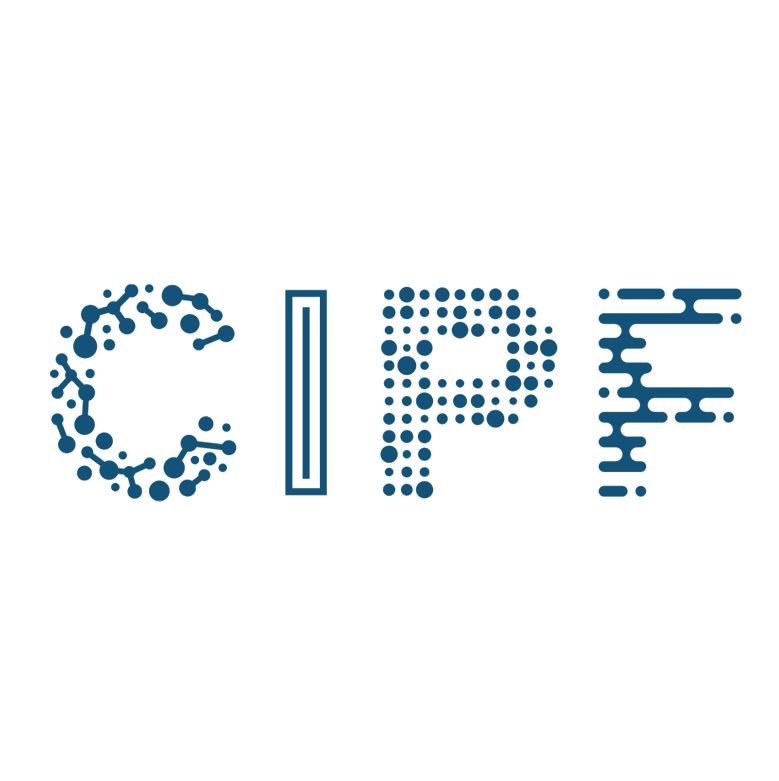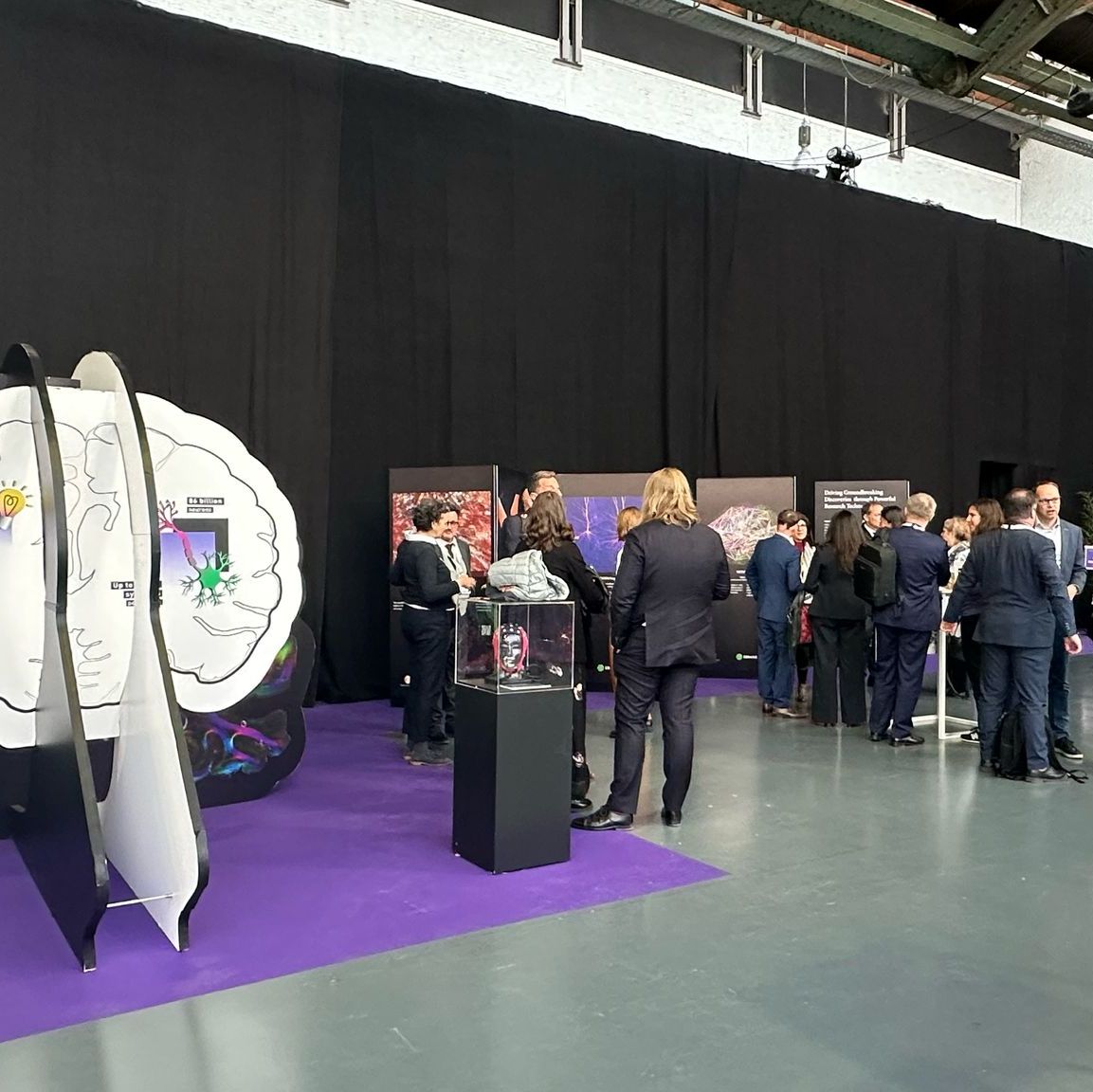
New update for Arbor neural network simulation library
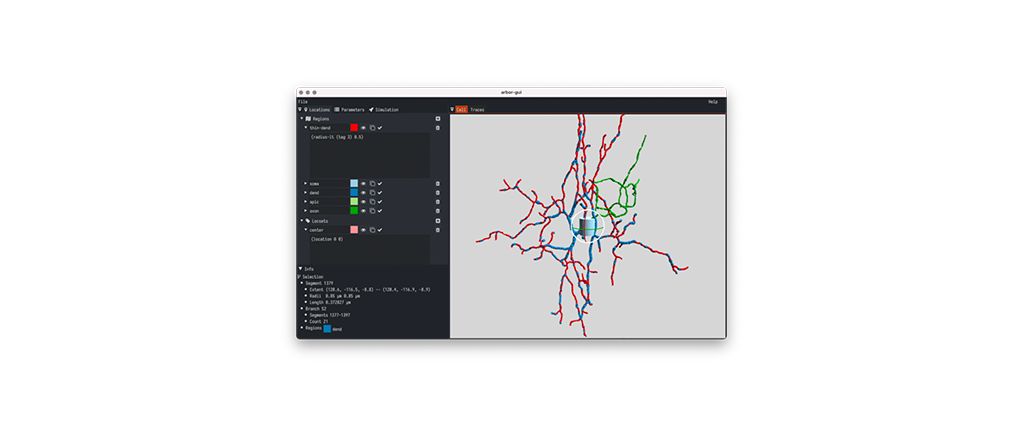
Arbor is a multi-compartment neural network simulation library designed to be portable across contemporary high-performance computing architectures. The most recent version is now available on EBRAINS and offers the following:
Arbor-LFPykit integration is complete
Classes to probe and calculate extracellular potentials from transmembrane currents have been written and put together in a demo. This code has been used to create a video of a biophysical realistic model of the inferior olivary nucleus – a structure that coordinates signals from the spinal cord to the cerebellum to regulate learning and motor coordination – under small GABA input. GABA is the main inhibitory neurotransmitter in the mammalian brain.
Inferior Olive LFPyKit measurements using Arbor

The demo was created by Lennart Landsmeer, student at the Neuro Computing Lab, Erasmus Medical Center, Rotterdam, the Netherlands.
Addition of epoch callbacks
The addition of epoch callbacks enables users to perform actions outside of an Arbor simulation in lock-step with simulated time. Use-cases include co-simulation (interlock of different simulators is improved) and coupling to robotics and any kind of external state.
Addition of Axial Diffusion
Plasticity processes are mediated by signaling ions, eg Ca++, which are generated by synapses upon reception of a spike. These ions then propagate along the dendrite by diffusion and are received by other synapses, modifying their weight upon reception.
Inhomogeneous parameters support
Mechanism parameters can now be scaled along a cell. Click here for an example.
Next Developer meeting
The next release - v0.8 - is preceded by a developer meeting, where any and all users interested can learn about the Arbor roadmap and give input on feature priorities. It will take place on 30 August at 10:00 CEST. Click here for further details.
Arbor Plasticity user group kick-off at the Bernstein 22 conference in September
The aim of this event is to use and extend Arbor to support synaptic and morphological plasticity. We have already prepared 7 talks by researchers working on this subject and we aim to gather more so we can exchange expertise, find opportunities for cooperation, and create lasting contacts.
The event is spread over two days, Tuesday 13 September, 14:00-18:00 local time, and the next day, Wednesday 14 September, 08:30-12:30.
If you are working on plasticity research or would like to, don’t hesitate to join!
News & events
All news & events- News04 Apr 2025

- News03 Apr 2025
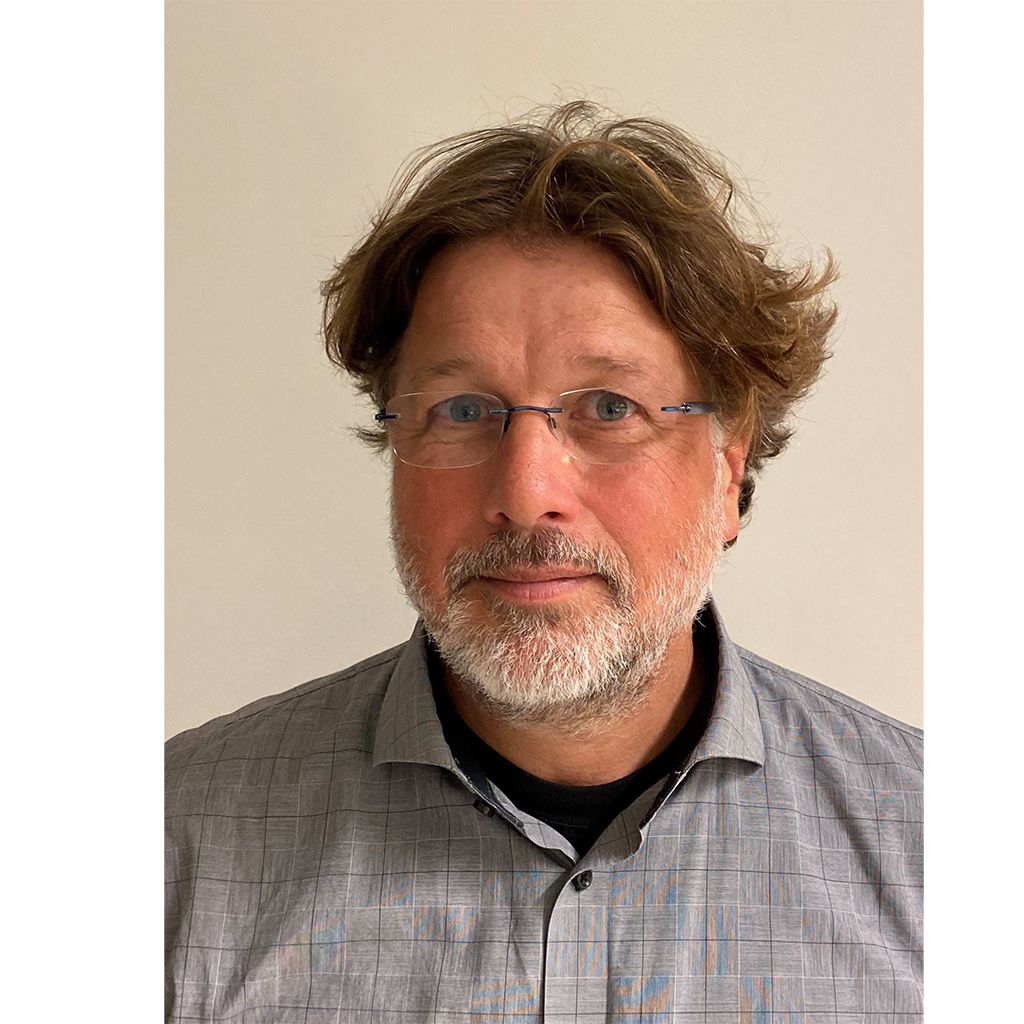
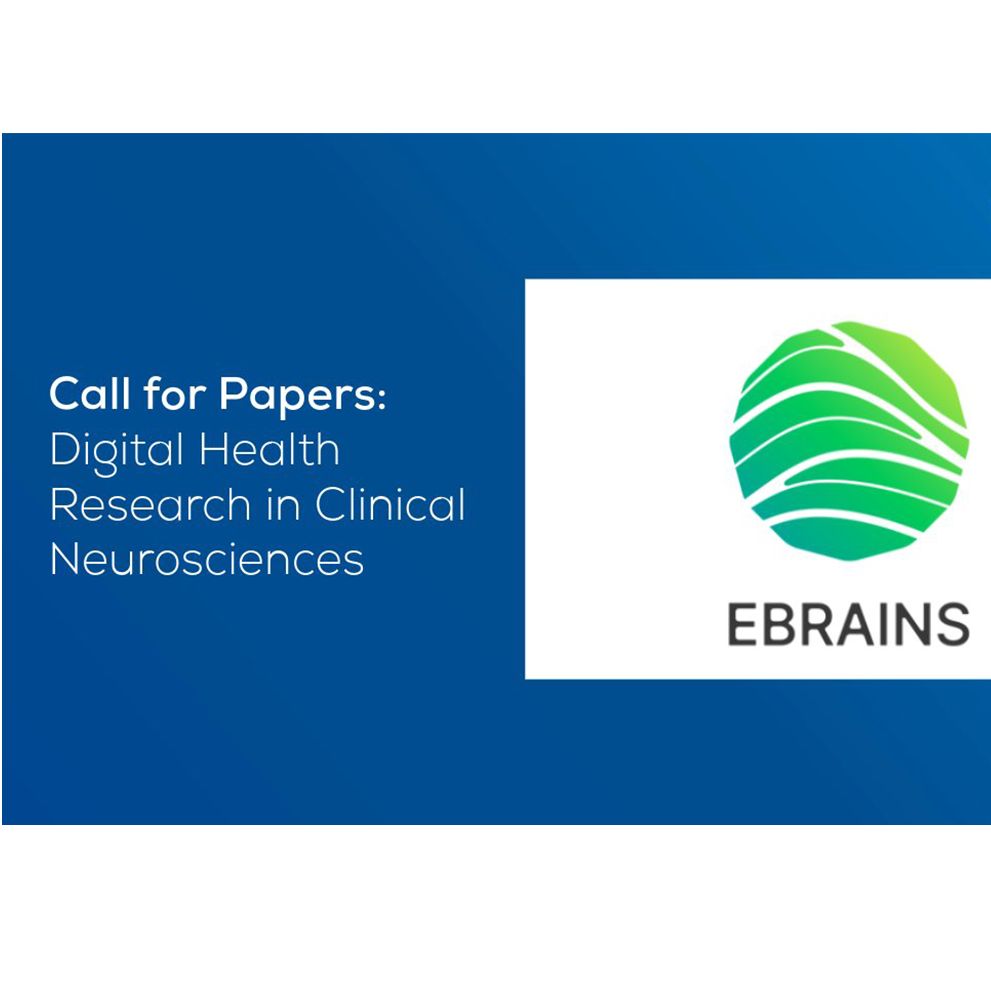
- News21 Mar 2025
